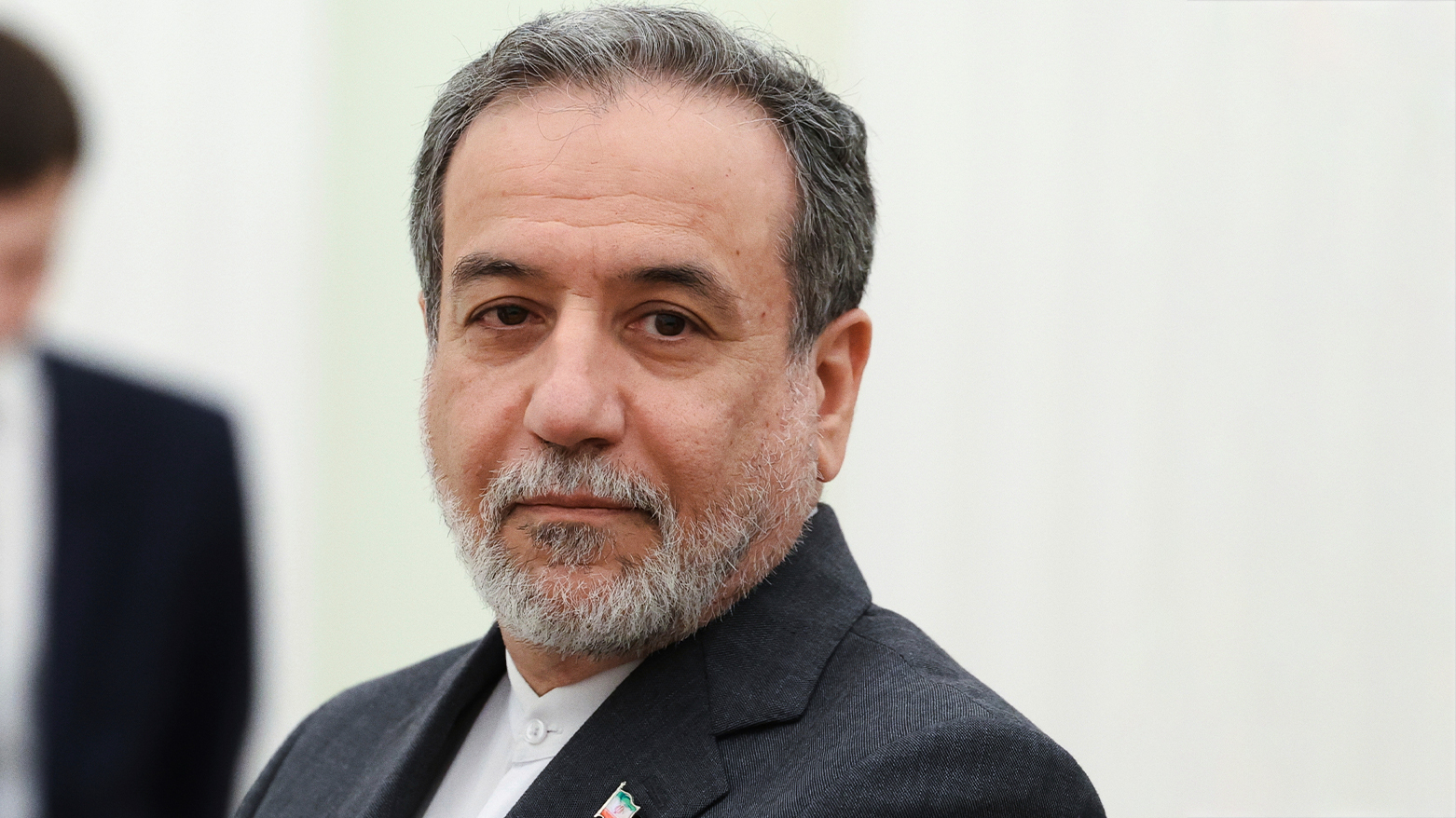'We Cannot Give up Our Enrichment,' Iran's FM
"It [nuclear enrichment] is now stopped, because, yes, damages are serious and severe," Araghchi stated. "But obviously, we cannot give up our enrichment because it is an achievement of our own scientists. And now, more than that, it is a question of national pride."

By Kamaran Aziz
ERBIL (Kurdistan 24) – Iran’s nuclear enrichment program is currently "stopped" due to "serious and severe" damage from recent attacks on its facilities, but the country will rebuild its capabilities as a matter of "national pride," Foreign Minister Abbas Araghchi said Monday, while simultaneously calling for a new negotiated solution with world powers.
In an interview on Fox News' 'Special Report' with host Bret Baier, Araghchi confirmed the significant impact of the attacks but insisted that the technological know-how remains, making any military destruction temporary.
"It is now stopped, because, yes, damages are serious and severe," Araghchi stated. "But obviously, we cannot give up our enrichment because it is an achievement of our own scientists. And now, more than that, it is a question of national pride."
The Foreign Minister stressed a preference for diplomacy over conflict. "Rest assured that we want to continue our enrichment, but, of course, we prefer a negotiated solution for that," he said.
Conditions for Talks and a New Deal
When asked about de-escalating regional tensions, Araghchi said Iran is open to talks but ruled out direct negotiations with the Trump administration for the time being.
"We cannot start these negotiations in a direct way. We still prefer indirect negotiations," he said, outlining the framework for a potential agreement. "If they are coming for a win-win solution, I am ready to engage with them… we are ready to do any confidence-building measure needed to prove that Iran's nuclear program is peaceful and would remain peaceful forever, and Iran would never go for nuclear weapons. And in return, we expect them to lift their sanctions."
Araghchi asserted he was "empowered to make a deal" and recalled previous discussions where he made it clear that a permanent commitment against nuclear weapons was achievable, but that Iran would not be deprived of its "legitimate rights, including enrichment."
Enrichment and Inspections
Defending Iran's decision to enrich its own uranium rather than import it, Araghchi called it "a scientific achievement that we have been achieved by ourselves."
He addressed concerns about enrichment levels, stating, "We never go to 90 percent. We remain committed to below 5 percent to produce fuel for nuclear power plants." He noted enrichment up to 20 percent was for the Tehran Research Reactor and acknowledged a one-time increase to 60 percent "was after the sabotage in our nuclear facilities," adding that he told interlocutors at the time Iran would "immediately go down if a nuclear deal is achieved."
Regarding the current state of the facilities, Araghchi said the damage was being evaluated by Iran's Atomic Energy Organization. When questioned about the survival of already enriched material, he stated he had "no detailed information" but that the International Atomic Energy Agency (IAEA) would be informed.
"We have not stopped our cooperation with the agency. We continue working with them," he said. "We need a new modality because the facilities have been destroyed."
He added that allowing UN inspectors access to all sites would be "possible" on a "case by case" basis, pending a new modality with the IAEA. However, he cautioned that any request would "be carefully considered by our Supreme National Security Council because of the safety and security concerns."
Message to the United States
In response to questions about why Iran's facilities were heavily fortified if the program was peaceful, Araghchi pointed to "constant threats by Israelis, by the United States in the past."
His message to the U.S. was an appeal for diplomacy, referencing the 2015 Joint Comprehensive Plan of Action (JCPOA). "Let's go for a negotiated solution for Iran's nuclear program… We came to that solution. That was called JCPOA," he said. "Maybe the current administration doesn't like that, but we can come to a similar deal, a better deal than that."
Araghchi concluded that the attacks proved a military option was ultimately ineffective. "Yes, facilities have been destroyed. They are severely destroyed. But the technology is there," he argued. "Buildings can be rebuilt. You know, facilities can be rebuilt. Machines can be replaced, because the technology is there… there is a negotiated solution for our nuclear program. We have done it once in the past. We are ready to do it once again."